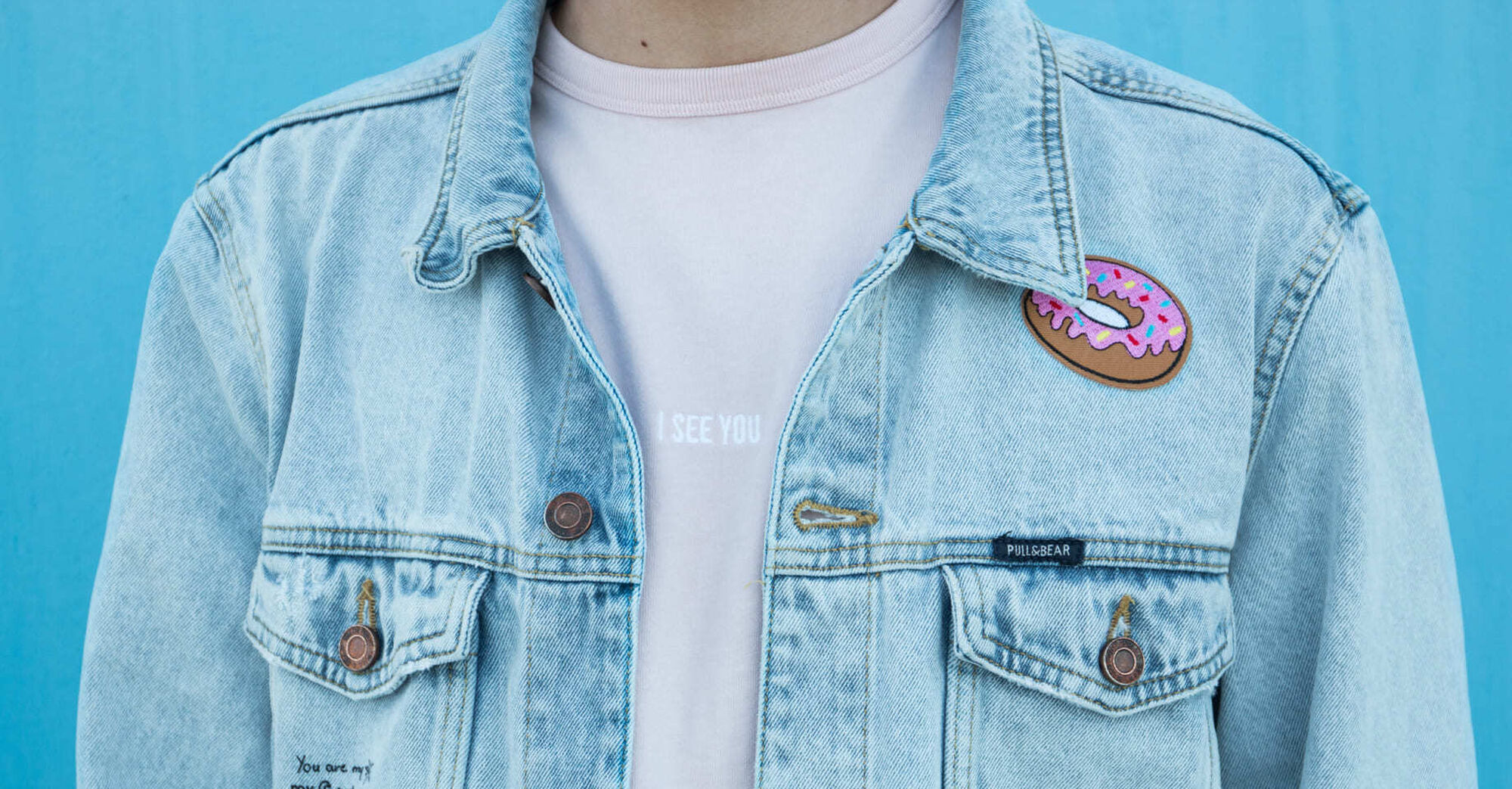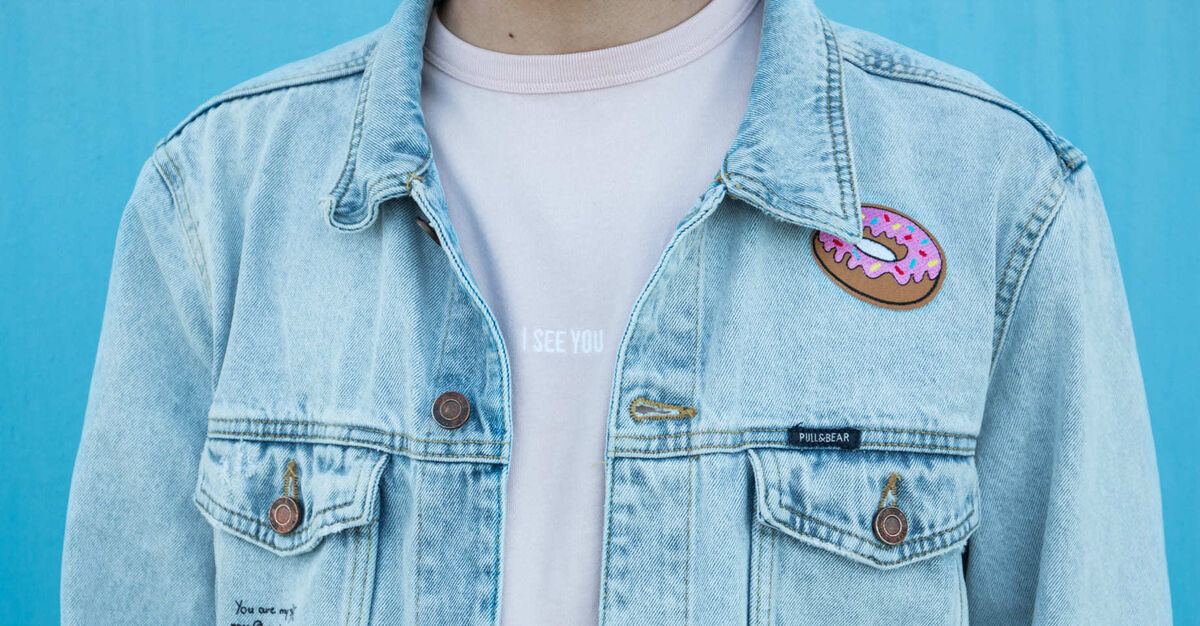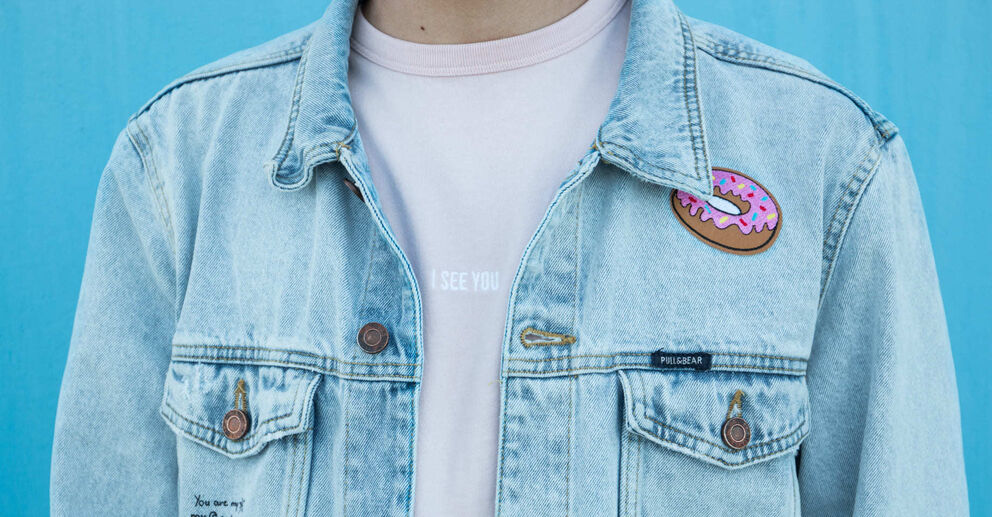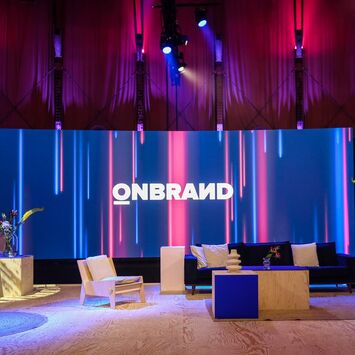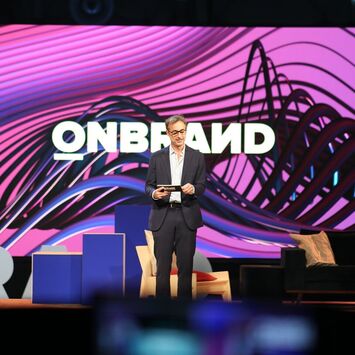Culture moves brand which moves business. But in a complex comms landscape, how do you make an impact in culture? We tapped into the brains of 72andSunny’s Director of Communication Strategy, Simon Summerscales, to find out how the agency creates cultural impact on behalf of brands.
The Axe brand was pretty one dimensional before the “Find Your Magic” campaign. Why do you think it was time for the brand to grow up and go in this new direction? Talk us through the strategy behind the campaign.
I think it’s a little unfair to say that it was one dimensional, but for sure the brand POV was less in touch with the modern take on masculinity. Our partners at Axe were well aware of this and looking for a strategy that would bring them firmly back to the middle. We knew that our guys had changed and that they felt constrained by outdated expectations of what it is to be a man. Individuality is the new sexy, and attraction is very clearly a game of equals. We felt it was time for a little honesty and empowerment.
We also understood the value of the ‘promoter’ audience; the ones our guys are trying to attract: women (for the most part). Axe had never previously targeted women, because that’s not who typically chooses the product. But we knew, in order to make the kind of cultural impact we wanted, we needed their support. The ones most likely to champion and valid our POV. Encourage our guys to go find their magic.
Do you think that brands and advertisers have the power to change the gender narrative? And is media the vehicle for cultural transformation?
I think absolutely brands have that power. We want to work with brands that have a strong purpose, a reason for being that transcends any product value. If the gender narrative is core to the discussion that surrounds the purpose of any given brand then I think it is totally on point for the brand to have a point of view on that. If that is the cultural conversation then it’s absolutely crazy not to have a point of view. Media is one vehicle to share that POV (if you’re meaning traditional paid media), but we believe that actions are as important, in fact perhaps more so. Meaning that brands need to walk the walk if they are going to talk the talk. If you are going to stand for something then you have to honestly go stand for that thing, rather than just put up a poster.
When it comes to challenging gender stereotypes, how do we make sure we’re not just preaching to the converted?
I think if you’re going to genuinely make an impact in culture, you won’t do it by preaching to the converted. As well as engaging your ‘promoters’ I think you have to go out and find your ‘detractors’. The ones for whom your POV is difficult, challenging or too progressive. That way you can really create some tension between the promoters and detractors and then you’ve got something truly culturally impactful. This is something that we consider in both creative and media targeting choices.
Would you agree that the most successful brands no longer market to the world, but behave in the world?
I definitely agree with that. I would frame it, as above, that strong successful brands need to have a clear purpose, and to deliver that purpose brands need to do more than just reflect the POV, they need to live it. I’m proud to say that the brands that we work with do just that. They understand their role in their core community, and they understand how to contribute beyond advertising dollars, with proper acts in culture and social programs.
The Samsung “Unpacked” campaign celebrates the brand’s continuous innovation over the years and how our lives have changed. How has technology affected the ways brands reach and communicate with their audiences?
Things are certainly more complex than ever, and smart consumers can really find ways to edit out traditional advertising messages from their lives. I think this headache actually presents a wonderful opportunity for brands. Brand value is more important than ever, meaning that people will more likely connect with an emotional point of view before allowing a deeper product relationship. I also honestly don’t think the answer is for brands to do everything - creating content for every channel. I think smart understanding of the audience, a focussed selection of channels and clever cross channel storytelling will deliver the most effective communication.
Besides the ones you’ve worked with, which brands in your opinion are making an impact in culture, and why?
Well, on the same theme, any brand with a strong purpose and point of view always excites me and draws me in. That could be anything from the incredible Patagonia, who so clearly articulate their purpose and live by it, or in a perhaps less exciting category like butter, is Lurpak who have so consistently delivered the same. It’s very easy to make an emotional connection with these brands, and they continuously make huge waves in culture.
